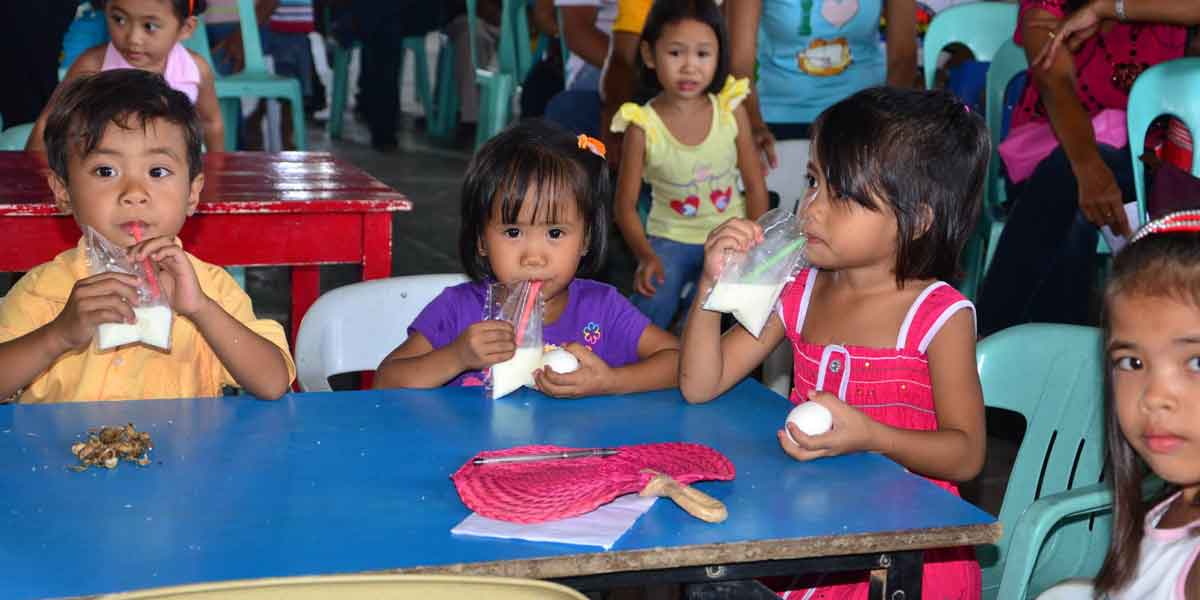By Engr. Carlos Cornejo
Patience is a virtue under fortitude. We’ve defined fortitude as the human virtue that controls the negative emotions of despair, fear and anger in pursuing a difficult good even to the extent of facing dangers to our life. Aristotle would maintain that patience is so much like fortitude that she seems either her sister or her daughter. In other words, these two great virtues are close blood relations and could be easily interchanged. Fr. Charles Belmonte, would say in his book “Patience, the Path to Victory” that patience adds serenity to the virtue of fortitude in order to calmly control emotions of discouragement, sadness and irritation in the face of persistent or lasting evil.
In our day-to-day affairs, we could think of patience as controlling our irritation and anger when we face people who do something wrong or are inconvenient to us. These could be our officemates, classmates or our household companions. In terms of personal goals, we could think of patience as some capacity to bear the delay of goods which do not come as fast as we would like. It could be pursuing a degree in a university or saving some money to buy something we aspire to own. Patience here appears as the ability to wait for results, to deal with problems without being in a hurry. It would also mean bearing sacrifices for a long time until we attain the reward.
Between the two definitions, I believe the patience towards people is harder to practice than patience towards achieving goals. In the same way that people are more important than things, people tend to hurt us more than things as well. Perhaps because patience with people is something to be practiced more constantly. We meet more often these people whom we might find irritating because he or she is an officemate or a relative of ours. It could be a co-worker who seems to be sloppy in his work that we get annoyed because we rely on his or her output to be able to do ours and this fellow’s work is always delayed. Or it could a be son or daughter who seems to fail often in doing their house chores of disposing the garbage or cleaning their room or are lazy with their studies. Patience with people can be quite challenging, so much so that Pope Emeritus Benedict XVI would define patience as “everyday love”. It is really a manifestation of love because in essence love is sacrifice and we do a lot of sacrifice when we bear the wrongs of others without blowing our top not just on one instance but on a regular basis. For “Love is patient, love is kind.” (1 Cor 13:4)
We all have to practice patience with our neighbor in one way or another because we are social beings and not some isolated plant in a desert. It is said that it only takes two months living with another person to find out a defect in his or her character. In other words, no one is perfect and that should not surprise us. And this applies to us as well. We just don’t know how others have been putting up with our defects. Thus, being patient with one another knowing that we are all broken and imperfect is the logical and charitable thing to do.
We have to learn how to bear suffering for only then can we discover how tough we are. Resiliency and patience are virtues that can only grow through facing up problems and difficulties. The bad news is, life is full of challenges. But the good news is we are stronger than these challenges. We are armed and equipped to meet up with these hardships and can triumph over them. But patience and fortitude that are enduring are those that are borrowed and loaned to us by God and thus we should ask for the grace to be always patient especially in our dealings with others. With God’s grace we could all say, “I can do all things in Him who strengthens me.” (Phil 4:13)



















